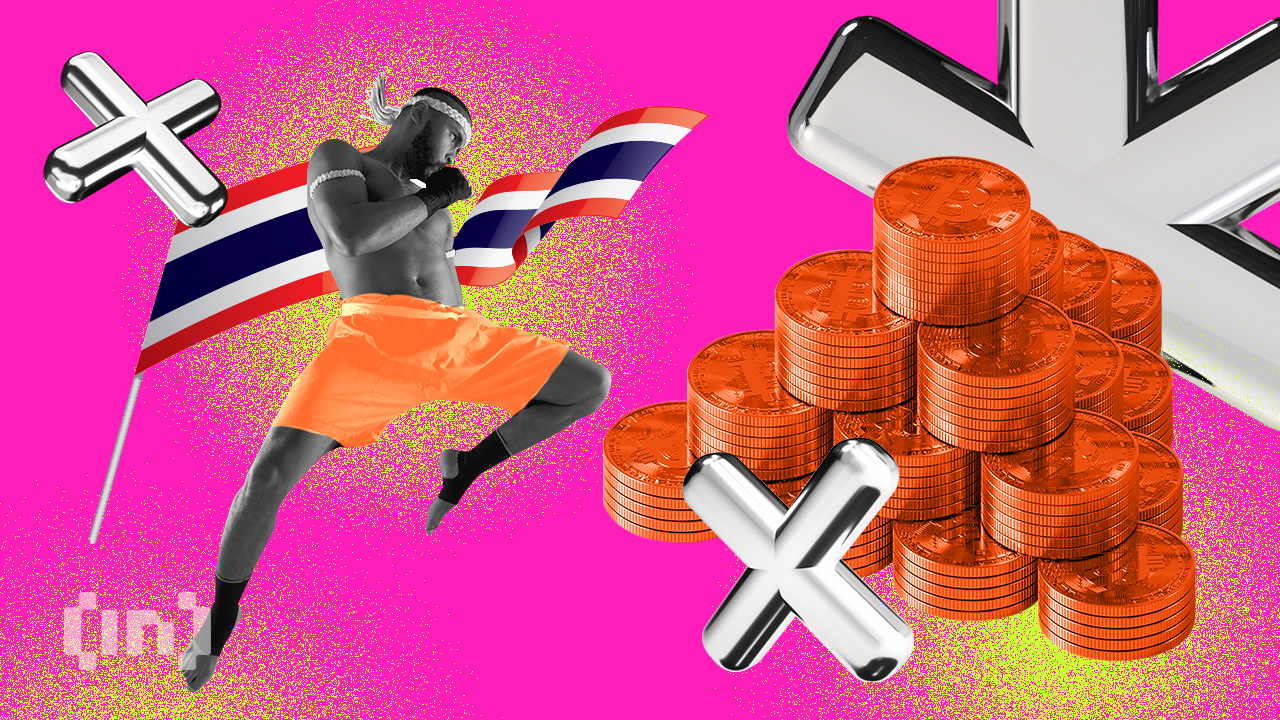Thailand’s Securities and Exchange Commission (SEC) has announced plans to block access to five major cryptocurrency exchanges, Bybit, 1000X, CoinEx, OKX, and XT.COM, effective June 28, 2025, for operating without licenses.
The move is part of a broader effort to curb money laundering and protect investors. It marks one of the most significant enforcement actions against unlicensed digital asset platforms in the country.
Thailand Cracks Down on Unlicensed Crypto Platforms
The SEC stated that these exchanges have been offering services to Thai users without complying with the Digital Asset Business Act B.E. 2561 (2018). The regulator has also filed charges against the platforms with the Economic Crime Suppression Division (ECD).
“This is to protect investors and stop the use of unauthorized digital asset trading platforms as a money laundering channel,” the statement said.
The Ministry of Digital Economy and Society (MDES) will implement technical measures to restrict local access to these exchanges starting June 28, 2025. The regulator also advised investors using these platforms to withdraw their assets before the deadline to avoid potential losses.
“The SEC warns the public and investors to be cautious when using services from unauthorized digital asset operators as they will not be legally protected and may be at risk of fraud (scams). There is also a risk that these platforms could be used for money laundering,” the SEC added.
The decision follows a meeting in April 2024. Thailand’s Committee for the Prevention and Suppression of Technological Crime and the MDES decided to restrict access to unauthorized digital asset service providers. The goal was to enhance law enforcement efforts and prevent criminal activities.
Furthermore, in April 2025, the government enacted the Royal Decree on Measures to Prevent and Suppress Technology-related Crime. It granted the MDES expanded powers to shut down unlicensed digital services.
The SEC’s recent initiative demonstrates its commitment to enforcing compliance following previous actions. BeInCrypto reported that earlier this year, the Technology Crime Suppression Division (TCSD) also proposed blocking Polymarket.
Notably, Thailand stands out as one of the world’s largest crypto markets. According to Ledger data, one in five Thai citizens owns crypto. In fact, the government is actively working toward embracing digital assets and promoting responsible innovation.
Last year, the government lifted the value-added tax (VAT) on domestic crypto asset trading. Furthermore, the efforts to foster a favorable crypto environment have continued.
According to local media reports, Thailand is currently exploring an initiative that would allow tourists to use digital assets for domestic spending via credit cards.
The post 5 Crypto Exchanges Face Shutdown in Thailand Over Regulatory Violations appeared first on BeInCrypto.
